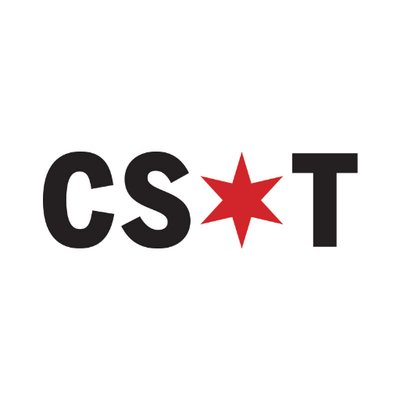



Northwestern has fired football coach Pat Fitzgerald in the wake of a hazing scandal that has rocked the Evanston campus.
The football program was under heightened scrutiny after the Daily Northwestern student newspaper revealed Saturday specifics of hazing incidents after the university suspended Fitzgerald two weeks without pay following an investigation. School president Michael Schill has since said he “may have erred” with the punishment.
By late Saturday night, Schill had issued a new statement addressed to members of the Northwestern community in which he admitted he “may have erred in weighing the appropriate sanction for Coach Fitzgerald.”
“The confidential report concluded that while there was corroborating evidence that hazing had occurred, there was no direct evidence that Coach Fitzgerald was aware of the hazing,” Schill wrote. “In determining an appropriate penalty for the head coach, I focused too much on what the report concluded he didn’t know and not enough on what he should have known. As the head coach of one of our athletics programs, Coach Fitzgerald is not only responsible for what happens within the program but also must take great care to uphold our institutional commitment to the student experience and our priority to ensure all students — undergraduate and graduate — can thrive during their time at Northwestern. Clearly, he failed to uphold that commitment, and I failed to sufficiently consider that failure in levying a sanction.”
On Monday, the Daily reported that three former football players alleged that a racist culture exists within the program, including racist attacks and remarks from the coaches and players. A Northwestern spokesperson told the Daily that the school was not aware of the allegations of racism.
Northwestern’s official policy on hazing defines it as “any action taken or situation created, intentionally or whether on or off University premises and whether presented as optional or required, to produce: mental, physical, or emotional discomfort; servitude; degradation; embarrassment; harassment; or ridicule for the purpose of initiation into, affiliation with, or admission to, or as a condition for continued membership in a group, team, or other organization, regardless of an individual’s willingness to participate.”
Examples written into the policy include “sexual violations or other required, encouraged, or expected sexual activity, whether actual or simulated.”
